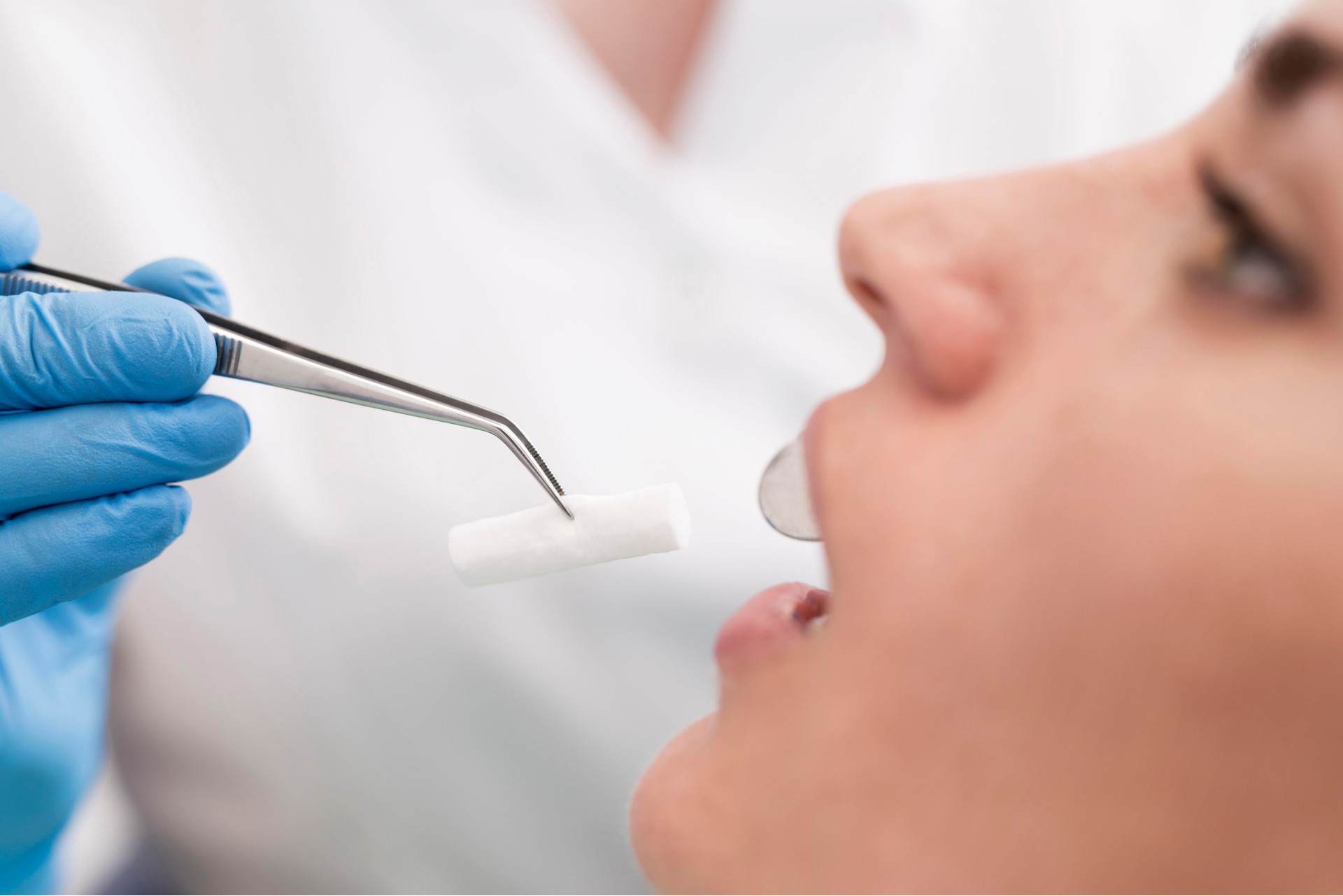Wisdom Teeth Removal
Wisdom teeth are four permanent teeth located at the back (top and bottom) of your mouth. Wisdom teeth could cause complications if they become too crowded and have no more room to grow, resulting in infections, pain, and other dental problems. Due to complications of such, you are most likely going to need to have your wisdom teeth/tooth pulled out by a dentist.
Why Remove Your Wisdom Teeth?
Wisdom teeth are removed to fix an oral problem or to prevent any complications that may arise in the future. Problems such as tight jaw space, infections, cysts, damage to other teeth, positioned awkwardly, and many more.
Wisdom Teeth Extraction Process
The wisdom teeth/tooth extraction is carried out in our Willow West Dental Office in Guelph, Ontario.
First, our dentist will start off with a local anesthetic to numb or freeze the area. With this, patients may feel some pressure during the procedure but absolutely no pain.
Next, an incision is made in the gum to expose the tooth.
The dentist makes access to the tooth root by removing the blocking bone.
If the tooth is stuck, the dentist may divide it into pieces to be able to move it out easily.
Once the tooth is removed, the site area is cleaned and disinfected properly, removing any debris.
The area may be stitched or not, depending on the situation. The dentist will place gauze over the area to control any bleeding.
Once the wisdom teeth/tooth extraction is completed, you will have some time to recover before you leave. Here are a couple of things to consider after the procedure:
Still Have Questions? Let's Talk!
We’re here to help! Whether you’re wondering if this procedure is right for you or need more details about the process, our team at Willow West Dental is just a call or email away. Reach out to us, and we’ll happily guide you through everything you need to know for a confident, clear smile!
(519) 836-1077
willowwestdental@gmail.com

